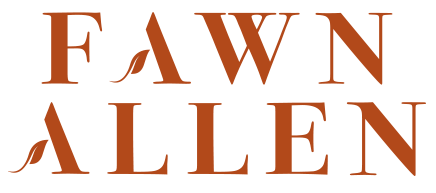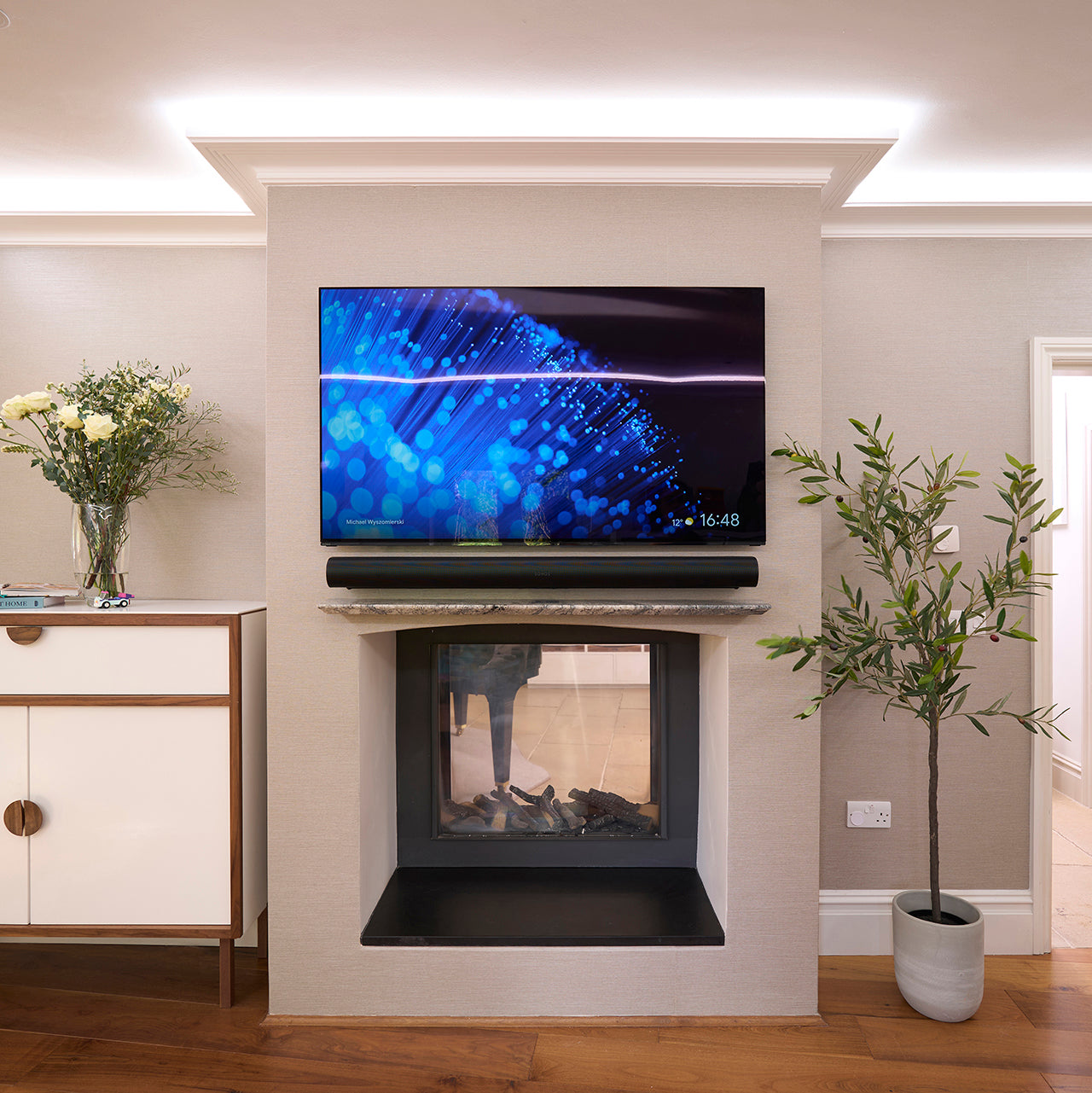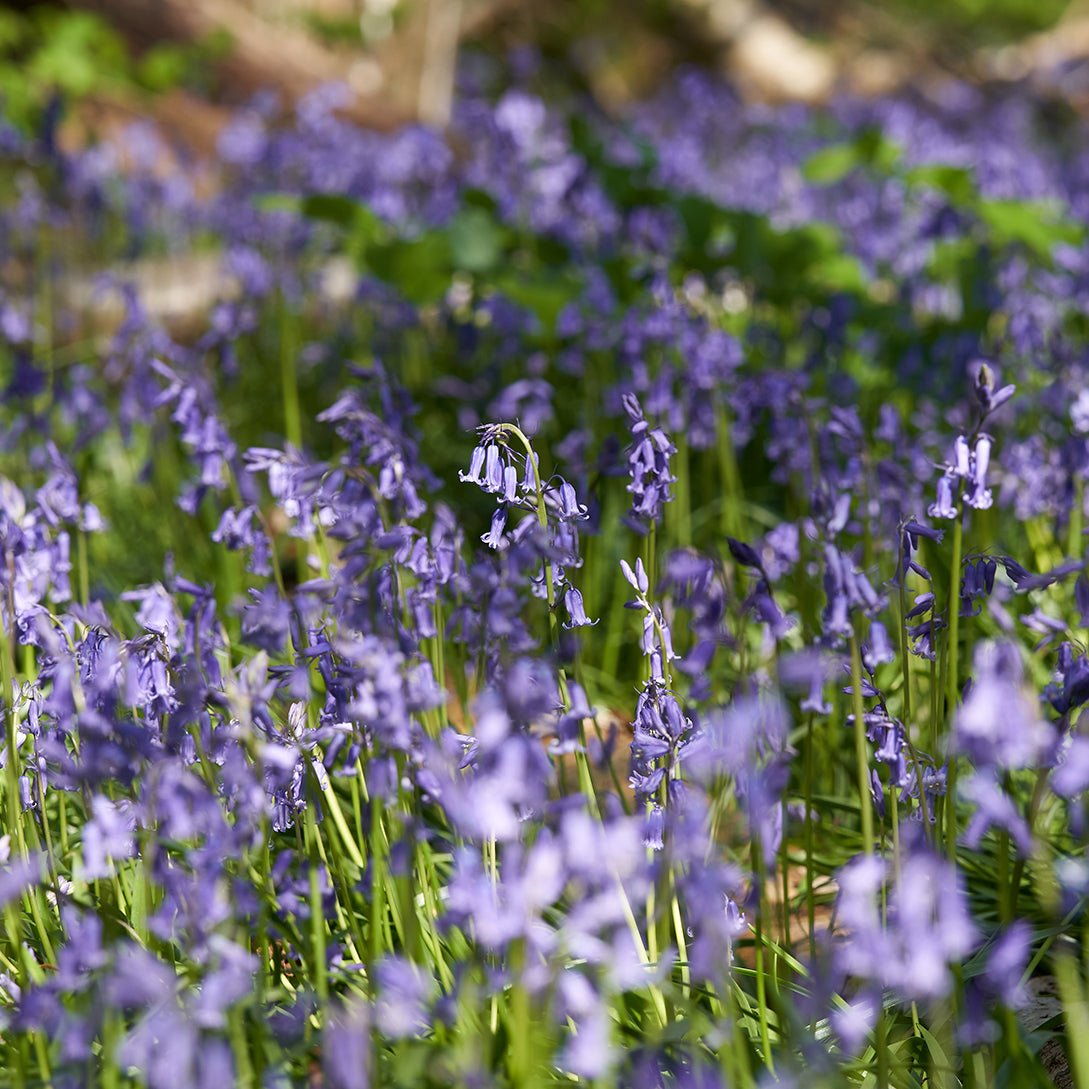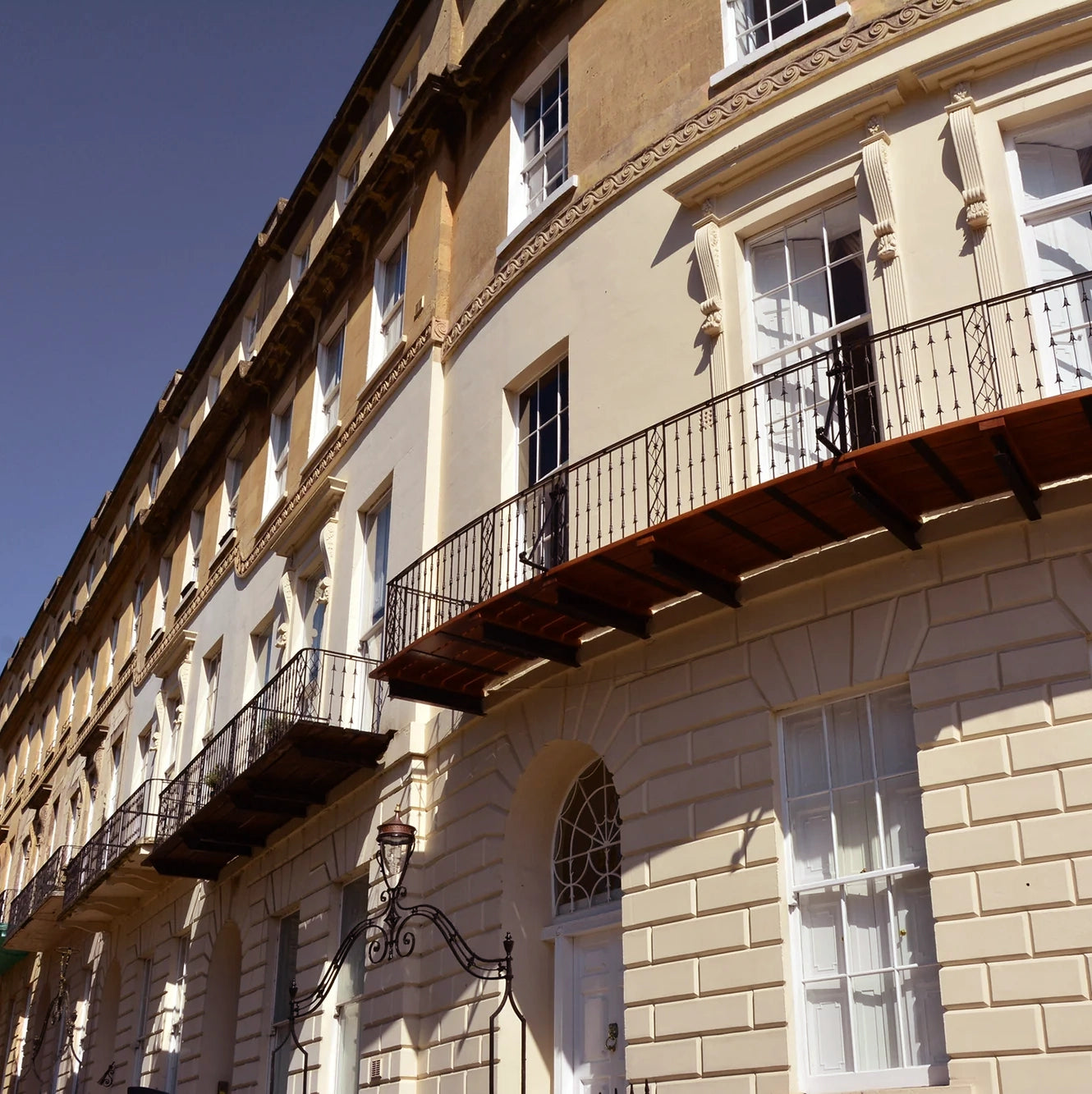MUSINGS, INSPIRATIONS, RECIPES, FEATURES & MORE
LATEST / INTERIORS INSPIRATION / COUNTRY & PERIOD HOUSE GUIDES / MUSINGS / SUSTAINABILITY / FEATURES / HEALTHY LIVING
THATCHED HOUSE: A DREAM HOME OR A DEMANDING DWELLING?

Thatched cottages, with their golden roofs nestled amidst rolling hills or quaint villages, are an iconic image of the British countryside. Owning one can feel like stepping into a storybook, offering a unique blend of history and charm. However, the thatched roof is more than just an aesthetic feature – it comes with a specific set of advantages and disadvantages that require careful consideration before taking the plunge.
THE ALLURE OF THATCH: ADVANTAGES OF OWNING A THATCHED HOUSE
Enduring Beauty and Character: There's no denying the undeniable charm of a thatched roof. Its natural material and traditional style create a timeless appeal that sets your home apart. Thatched houses often command a premium price due to their unique aesthetic and the desirability of living in a historic or picturesque location.
Natural Insulation: Thatch is a fantastic insulator, acting as a natural barrier against both heat and cold. In the winter, it keeps your home warm and cosy, while in the summer, it provides a cooler environment, potentially leading to lower energy bills. Thatch also absorbs sound, contributing to a quieter and more peaceful living experience.
Sustainable Choice: Thatch, typically made from straw, reeds, or rushes, is a natural and renewable resource. This eco-friendly aspect can be appealing to environmentally conscious buyers. Additionally, a properly maintained thatched roof can last for decades, reducing waste compared to more frequently replaced roofing materials.
Sense of History and Community: Many thatched houses are located in areas steeped in history and tradition. Owning one can connect you to a sense of place and a bygone era. Additionally, these houses are often found in close-knit communities where residents take pride in preserving their heritage.
BEYOND THE PICTURESQUE: THE CHALLENGES OF THATCHED OWNERSHIP
Maintenance Costs: Thatch is not a low-maintenance material. Regular inspections (usually annually) are necessary to identify any potential problems like bird nesting, moss growth, or water damage. Professional thatching repairs and re-thatching (every 20-30 years) can be expensive and require skilled specialists.
Fire Risk: Thatch is a natural material and inherently more susceptible to fire compared to other roofing materials. This necessitates stricter regulations regarding chimneys, electrical wiring, and even barbecues near the property. Additionally, specialist fire alarms and extinguishers may be required, leading to higher insurance premiums.
Mortgage Availability: Some lenders are more cautious when offering mortgages on thatched properties due to the specialised maintenance needs and potential fire risk. You may face higher interest rates or stricter borrowing limits compared to a conventional property.
Restrictions on Alterations: Many thatched houses are listed buildings, with specific regulations regarding alterations and renovations. You may need to obtain special permission for even minor changes, potentially impacting your ability to personalise the space.
Finding a Thatcher: Thatchers are skilled specialists, and their availability can be limited depending on location. This can lead to delays and potentially higher costs for repairs and re-thatching.
ADDITIONAL CONSIDERATIONS FOR ASPIRING THATCHED HOUSE OWNERS
Location and Environment: Thatch thrives in specific environmental conditions. Consider factors like wind exposure, rainfall levels, and nearby trees that could shed leaves and debris onto the roof. A thatched roof survey by a qualified professional is highly recommended before purchasing a property.
Long-Term Commitment: Owning a thatched cottage requires a long-term commitment. The specialised maintenance, potential limitations on alterations, and specific insurance requirements are ongoing considerations.
Lifestyle Compatibility: While charming, a thatched cottage may not be for everyone. The potential for fire risk, limitations on renovations, and higher maintenance costs could clash with your lifestyle preferences.
MAKING AN INFORMED DECISION: WEIGHING THE PROS AND CONS
Ultimately, the decision to buy a thatched cottage is a personal one. The undeniable charm and historical significance must be balanced against the ongoing costs, maintenance requirements, and potential limitations.
Carefully evaluate your budget: Factor in the regular inspections, potential repairs, and re-thatching costs. Compare these to insurance premiums and potential mortgage restrictions.
Research local thatchers: Ensure there are qualified thatchers readily available in the area to address any maintenance needs.
Consider your lifestyle: If you value flexibility in renovations or require a low-maintenance home, a thatched house may not be the best fit.
Seek professional advice: Consult with a qualified surveyor specialising in thatched properties to assess the condition of the roof and identify any potential risks.
Owning a thatched cottage can be a rewarding experience, offering a unique living space steeped in history and character. However, it requires a significant commitment to ongoing care and maintenance. By carefully weighing the pros and cons, considering your budget and lifestyle, and seeking professional advice, you can make an informed decision about whether a thatched cottage is the right fit for your dream home.




